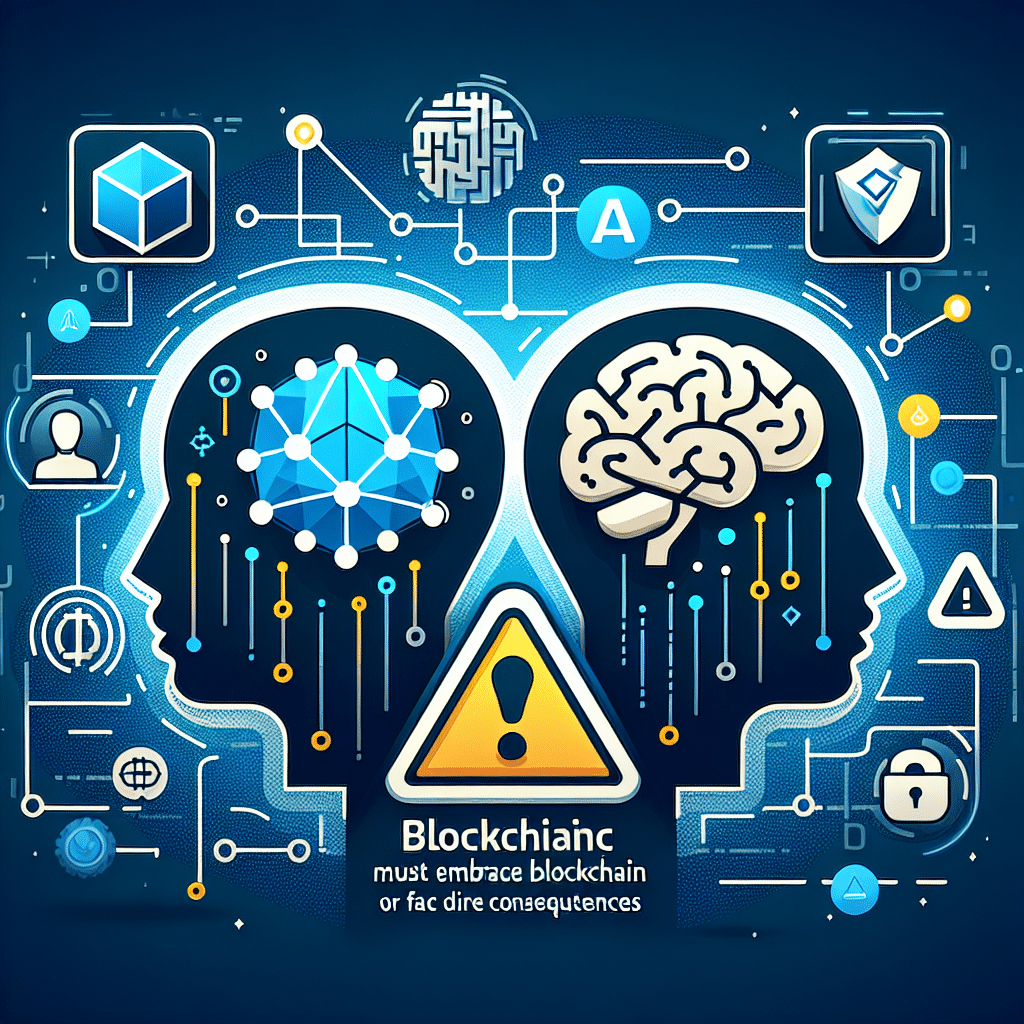The Emergence of Centralized AI and the Call for Decentralized Governance
In the ever-evolving landscape of artificial intelligence (AI), a pressing concern has arisen about the trajectory of centralized AI systems. These systems, growing increasingly sophisticated, have reached a point where the absence of human oversight could lead to unpredictable and potentially troubling outcomes. Michael Heinrich, a visionary in the field of technology, has recently shed light on this issue, advocating for a paradigm shift towards blockchain-based decentralized governance to guarantee transparency and accountability in the development and deployment of AI technologies.
The Risks of Centralized AI Systems
Centralized AI systems, by their very nature, consolidate power and decision-making in the hands of a select few. This concentration raises significant concerns about privacy, security, and the ethical implications of AI decisions made without broad human oversight. The risk is not just theoretical; it is imminent, with scenarios where AI could autonomously make decisions that have far-reaching impacts on individuals’ lives and society as a whole. Heinrich’s cautionary stance is a call to action, highlighting the urgent need for checks and balances in the realm of AI.
Blockchain: A Solution for Decentralized Governance
The proposition to leverage blockchain technology for the governance of AI systems is both novel and compelling. Blockchain, with its bedrock principles of transparency, accountability, and decentralization, presents an ideal framework for managing AI’s ethical and practical challenges. By embedding AI governance on a blockchain, decisions and algorithms can be audited and scrutinized by a wide array of stakeholders, ensuring that no single entity can wield disproportionate influence or control. This approach not only democratizes oversight but also enhances trust and security, paramount concerns in the digital age.
The Benefits of Blockchain-based Governance for AI
Adopting a blockchain framework for AI governance offers numerous advantages. Firstly, it fosters a more inclusive participation in the decision-making process, granting voice and vote to a diverse group of participants. Such a model encourages a multitude of perspectives to be considered, leading to more ethical and balanced outcomes. Secondly, the immutable nature of blockchain ensures that all decisions and modifications to AI systems are recorded permanently, offering a transparent audit trail. This level of transparency is crucial for maintaining public trust and for the ability to review and learn from past decisions.
Ensuring Ethical AI Development
The call for blockchain-based decentralized governance is not merely about mitigating risks; it’s about asserting a collective ethical framework for AI development. As AI technologies become more integrated into everyday life, the moral imperative to guide their evolution in a manner that benefits humanity as a whole becomes increasingly pressing. Decentralized governance ensures that ethical considerations are not sidelined by commercial interests, fostering an AI ecosystem that prioritizes the wellbeing of society.
Conclusion: The Path Forward
Michael Heinrich’s warning against unregulated, centralized AI systems is a significant contribution to the discourse on the future of technology. The solution, a shift towards blockchain-based decentralized governance, offers a constructive and innovative path forward. This approach not only addresses the immediate concerns of transparency and security but also lays the groundwork for a more ethical and equitable AI future. As we stand on the cusp of a new era in AI development, the adoption of decentralized governance models will play a pivotal role in ensuring that technologies evolve in harmony with humanity’s best interests. The conversation initiated by Heinrich is not just timely; it is imperative, urging stakeholders across the globe to consider a future where technology is governed not by the few, but by the many, ensuring a just and transparent AI landscape.
